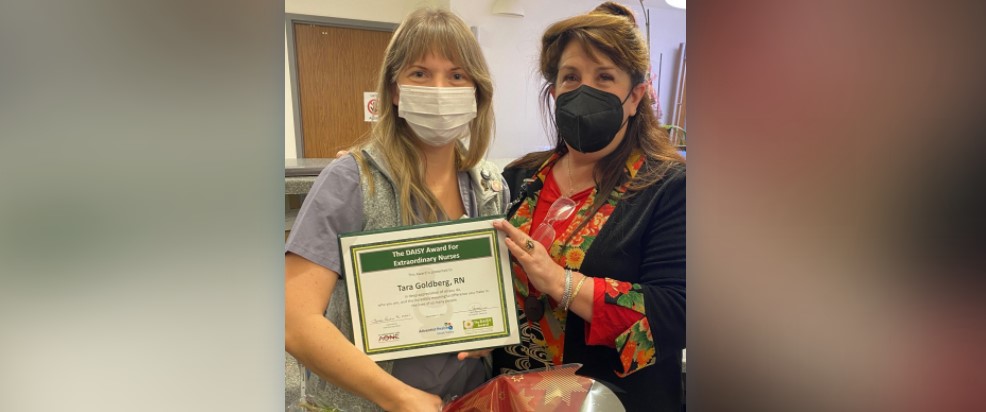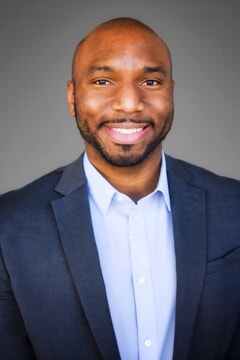Family Medicine Residency Expands Care Access for Underserved Populations
Jun 17, 2024

The rate of opioid-related emergency room visits and overdoses in California has soared in the last decade, and the situation is particularly dire in California’s central region.
“We have a large population of medically underserved people in the Central Valley,” says Muhammad Nausherwan Khan, MD, director of the Tulare Family Medicine Residency. “Adventist Health has a specific mission to treat these vulnerable populations.” Having completed a fellowship in population health, Dr. Khan has long held a passion for addressing disparities in healthcare.
The Tulare Family Medicine Residency Program has been a key strategy in expanding Adventist Health’s reach to the less fortunate. For example, Tulare family medicine residents work with a mobile van that travels to communities with little to no access to primary care.
Now, residents also undergo training to provide primary care to patients with substance use disorders. “Being a good family doctor means we need to be able to provide whole-person care,” says Dr. Khan. “That includes providing excellent primary care for patients with substance use disorders.”
The role of primary care in substance use treatment
Much of this substance use training is the result of grant funding from the California Residency Program Collaborative (CRPC). The CRPC is a statewide initiative to improve education and treatment for patients with substance use disorders. Both the Adventist Health Tulare Family Medicine Residency and the Hanford Family Medicine Residency were 2021-2022 and 2023-2024 grant recipients.
“Last summer, we focused on educating our residents, faculty and staff and establishing support networks with addiction specialists,” Dr. Khan explains. In January, the residency clinic began accepting referrals for patients who present in the emergency department with substance use-related symptoms.
These referrals are often part of CA Bridge, a statewide initiative that Adventist Health has incorporated into 19 of its hospitals. The program utilizes substance use navigators to support patients who come to the emergency department with substance use-related symptoms like overdose or withdrawal. Substance use navigators connect patients to additional resources, if desired, for continued care. Thanks to the substance use training the Tulare family medicine residents undergo, substance use navigators may now refer patients without a primary care doctor to the residency clinic.
Providing the best care in all settings
“If a patient has a stroke or a heart attack, they need care from a cardiologist,” Dr. Khan explains. “But they also need support from a primary care provider who understands and helps manage their overall health. We look at it similarly for patients with substance use disorder. An addiction specialist will treat their substance use disorder. As primary care physicians, we will help manage their overall health with an understanding of how substance use fits in.”
Training residents in substance use care aligns with two overall goals:
- To meet the recommendations of the Accreditation Council for Graduate Medical Education (ACGME), the accrediting body overseeing residency training
- To expand care access to our underserved and vulnerable community members
In the future, Dr. Khan notes that he envisions residents assisting with in-hospital consultations as well. “Our goal is to provide the best care in all settings, so that patients get the services and support they need.”
Patients needing support for substance use or any other health condition may reach out to their doctor. If you don’t have a primary care physician, find an Adventist Health doctor near you.


